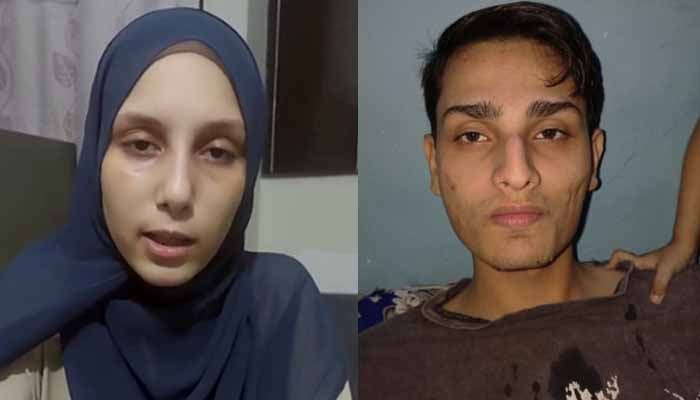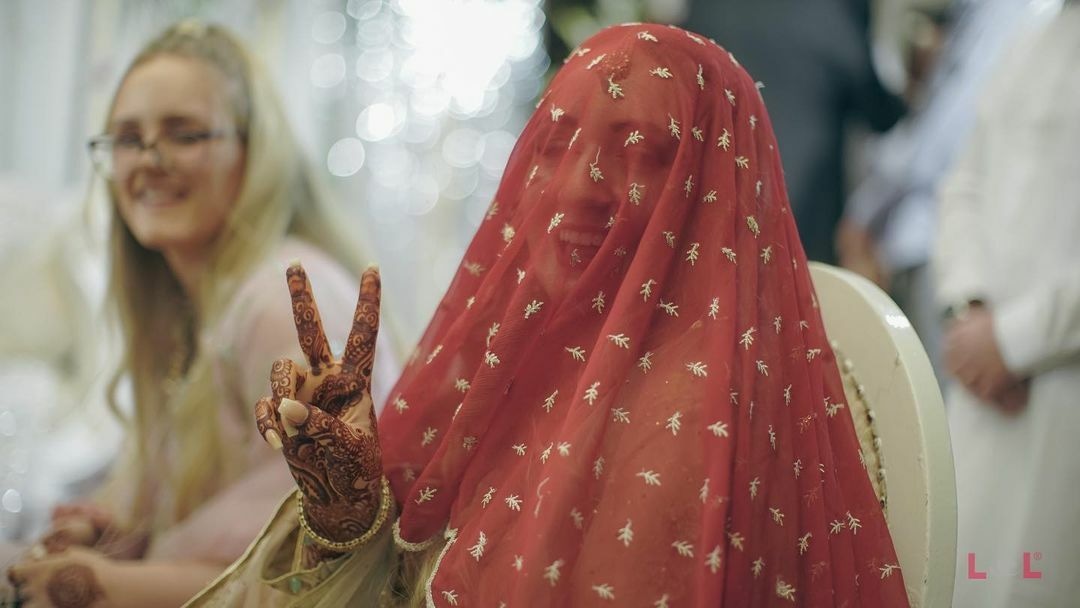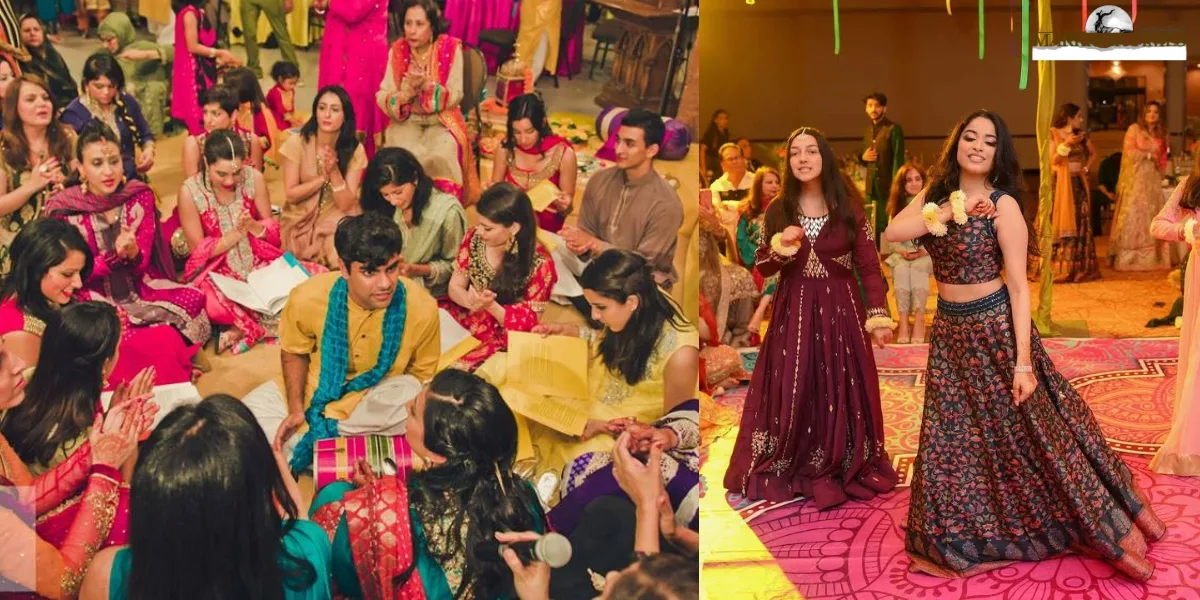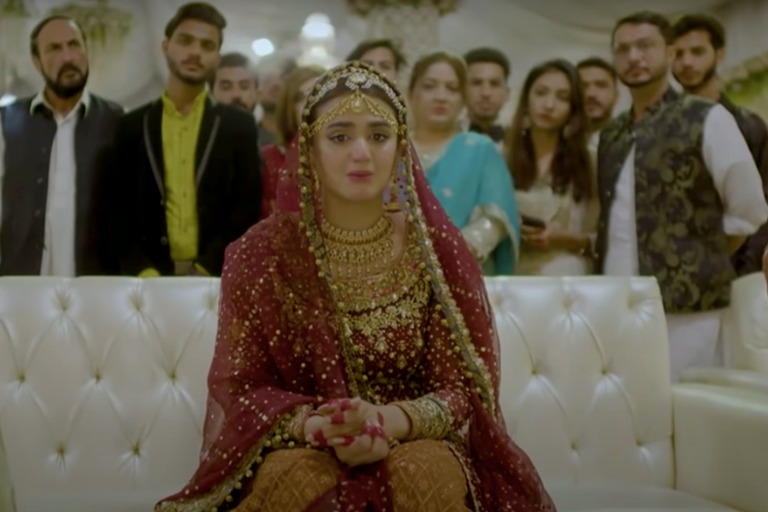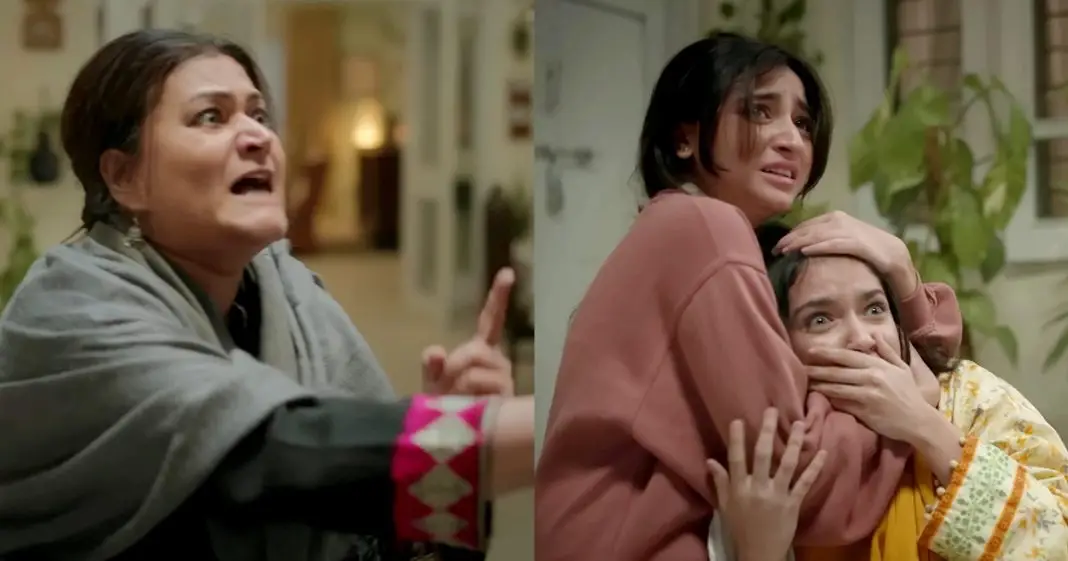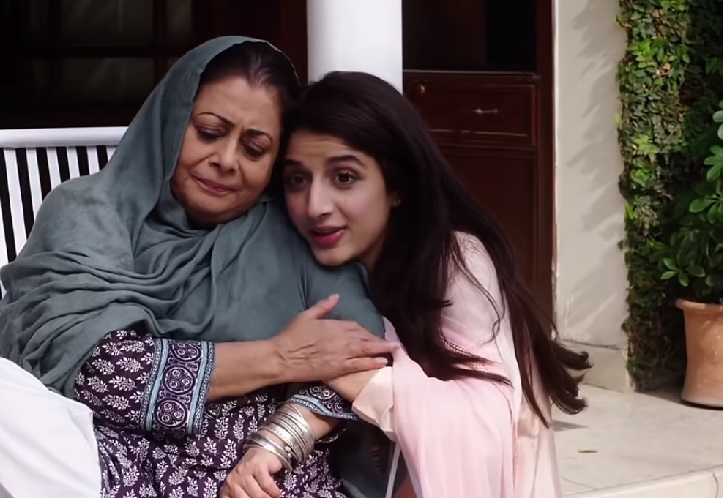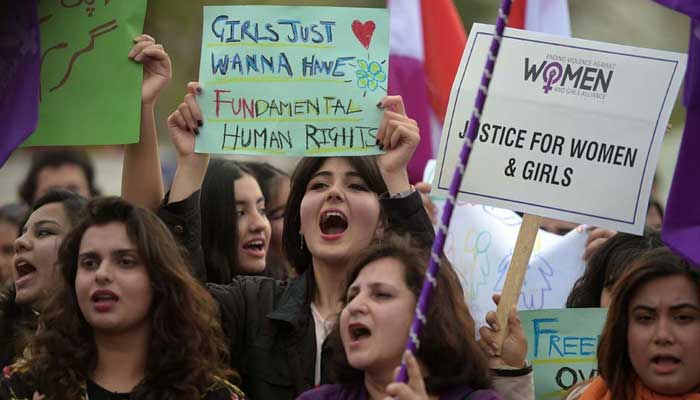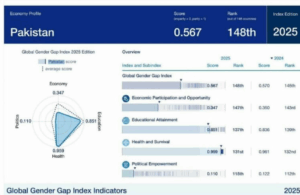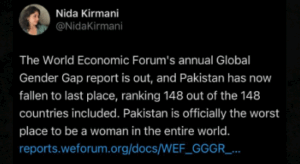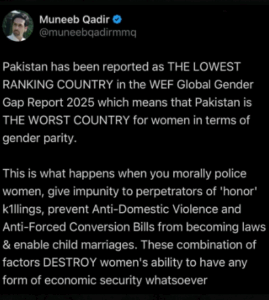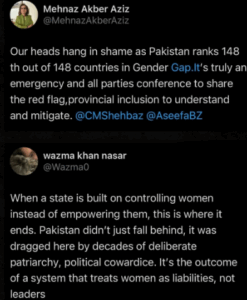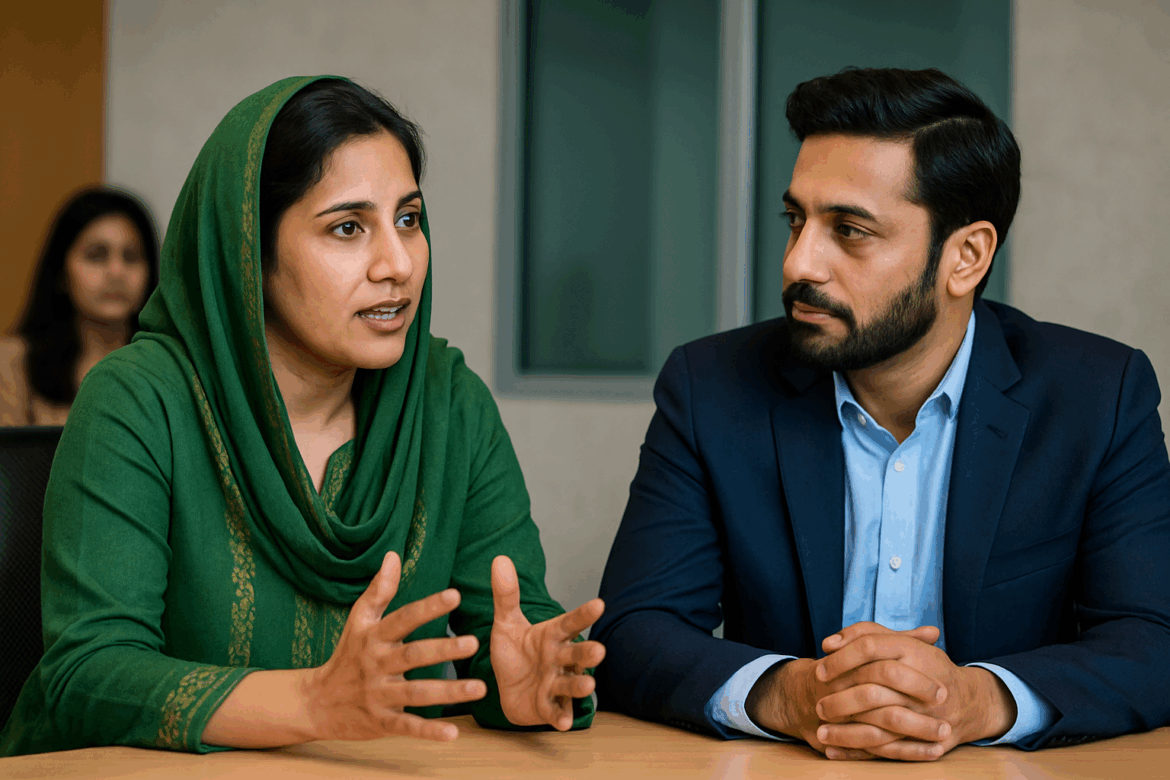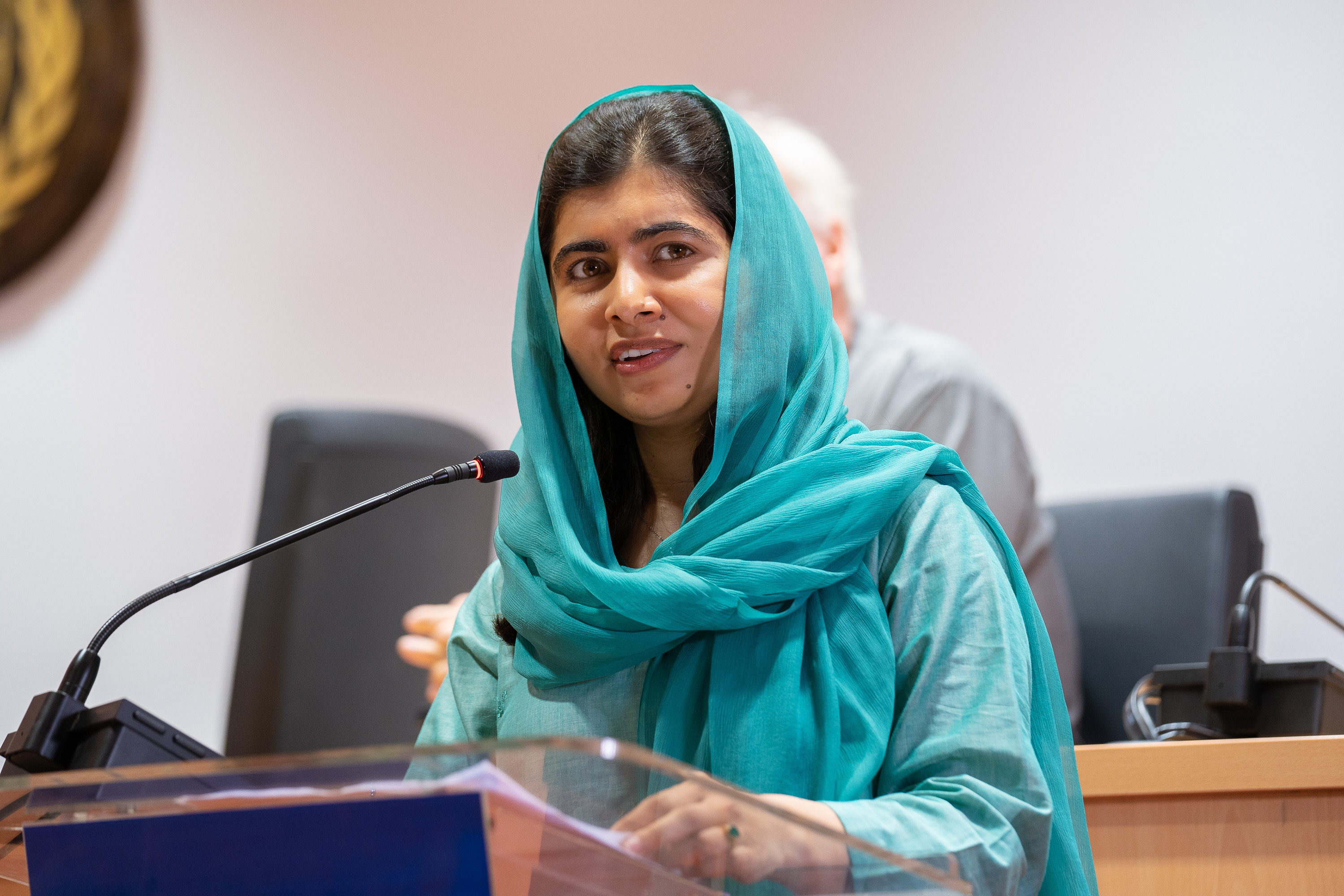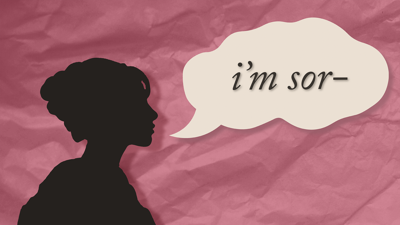Ayesha Habib has made history by becoming the first-ever Pakistani chosen for the Space Studies Program 2025. This is a very proud moment for Pakistan and a big step forward for the country’s presence in the world of space science. The program will be held in South Korea.
From Mandi Bahauddin to the Global Stage
Ayesha is from Mandi Bahauddin, a small town in Punjab, Pakistan. Her achievement is a strong message that talent can come from anywhere, even from smaller towns and less-known places. It proves that with passion, discipline, and hard work, anyone can achieve their dreams.
What is the Space Studies Program?
The Space Studies Program (SSP) is run by the International Space University (ISU). It is a famous international program that brings together scientists, researchers, engineers, and students from all over the world. The participants learn about different areas of space science, technology, policy, and business.
Ayesha will be joining this diverse group to study and work together on space-related topics.
Representing Pakistan Internationally
By becoming part of the Space Studies Program, Ayesha will be representing Pakistan on an international platform for the first time. Her selection shows the world that Pakistan also has talented people who can contribute to global progress in fields like aerospace, astrophysics, and space policy.
This is not just a personal achievement for Ayesha but also a sign of progress for the entire nation. It is especially meaningful for young women who are interested in STEM (Science, Technology, Engineering, and Mathematics) fields.
A Role Model for Young Pakistanis
Ayesha’s success has inspired thousands of young Pakistanis, especially girls, to dream big and believe that they can achieve great things. Many people have praised her on social media, appreciating her dedication and her efforts to break barriers. Her story encourages young people to work hard and never give up on their goals.
Nine Weeks of Learning and Training
The Space Studies Program will last for nine weeks in South Korea. During this time, Ayesha will take part in hands-on training, different workshops, and research projects. These activities will help her gain valuable knowledge and skills related to space science and technology.
Bringing Benefits to Pakistan
After completing the program, Ayesha is expected to bring back important knowledge, global exposure, and new connections. This experience can help Pakistan’s space sector grow stronger. It will also support organizations like SUPARCO, which is Pakistan’s national space agency.
A Proud Moment for the Whole Country
As Ayesha prepares to start this important journey in South Korea, the entire nation is watching with pride. Her achievement is not only a personal victory but also a source of hope and inspiration for many young people in Pakistan. It shows that with hard work and passion, even the stars are within reach.
Source: GTV News


